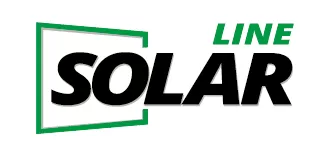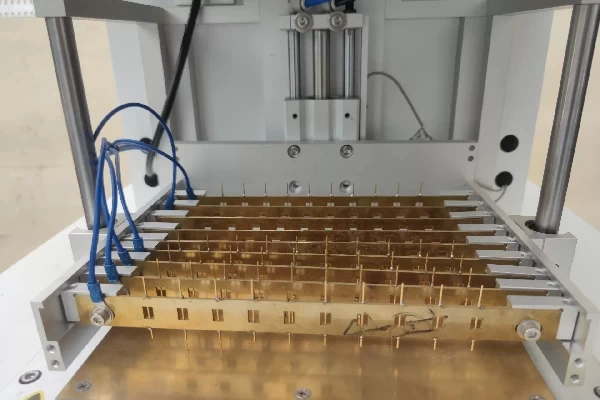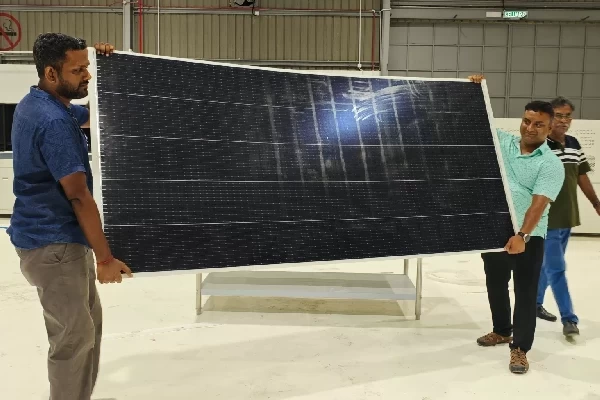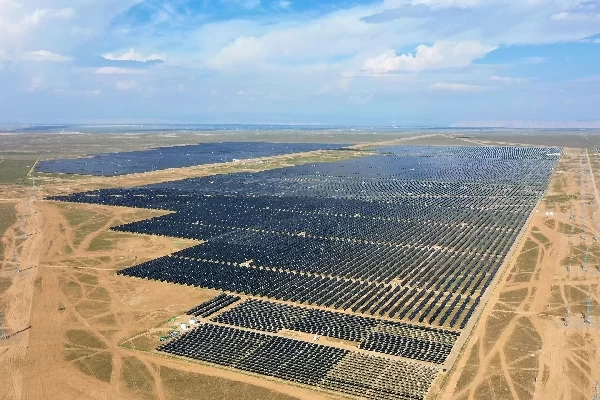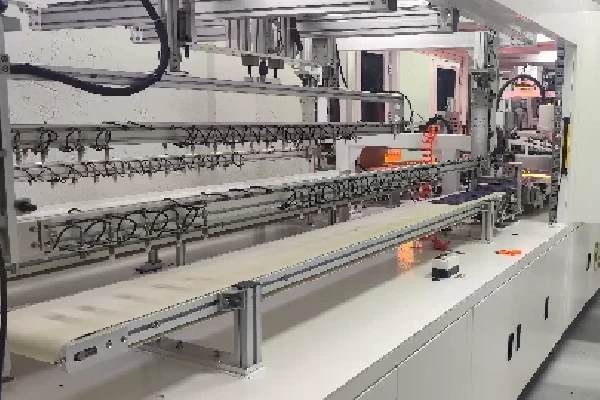Why use ETFE on the surface of solar panels?
Why use ETFE on the surface of solar panels?
As the global focus on renewable energy continues to grow, solar panels are becoming an increasingly popular choice. In the manufacturing process of solar panels, the choice of surface material is crucial, as it directly affects the efficiency and service life of solar panels. In recent years, ETFE (ethylene-tetrafluoroethylene copolymer) has been widely used as a new type of solar panel surface material. So, why is ETFE used on the surface of solar panels?
Efficient spectral reflectance performance
The surface of the ETFE has very high spectral reflection properties, which means that it can effectively reflect sunlight back into the interior of the solar panel, thus improving the power generation efficiency of the solar panel. In addition, ETFE has excellent light transmission performance, which allows more sunlight to pass through, further enhancing the power generation capacity of solar panels.
Weatherability and durability
ETFE has excellent weather resistance and durability and is able to be used for long periods of time in a variety of harsh environmental conditions. Solar panels often face challenges such as high and low temperatures, UV rays, and chemical attack. The stability and durability of ETFE allow solar panels to maintain their performance and efficiency under these conditions.
Easy to clean and maintain
The ETFE surface is self-cleaning, which effectively prevents the accumulation of dust and dirt. This allows the solar panels to maintain high efficiency over long periods of use. In addition, ETFE has excellent stain resistance and is easy to clean and maintain, even when used in harsh environments.
Eco-friendliness
ETFE is an environmentally friendly material, and its production and use have less impact on the environment. Compared to traditional glass or plastic materials, ETFE is easier to dispose of because it can be recycled and reused. This makes ETFE a sustainable choice for solar panel surface materials.
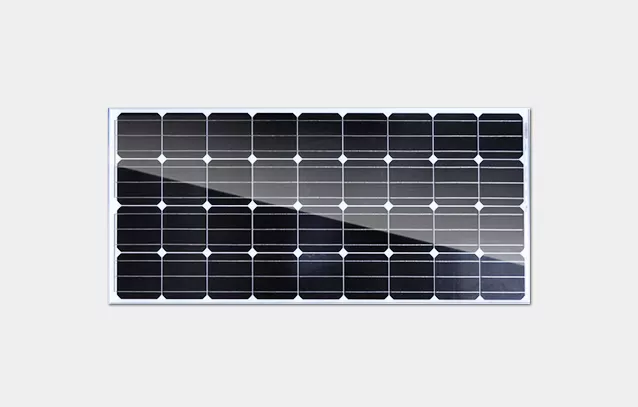
In conclusion, ETFE, as a new type of solar panel surface material, has the advantages of efficient spectral reflection performance, weather resistance and durability, easy cleaning and maintenance, and environmental protection. These features make ETFE ideal for manufacturing solar panels that are efficient, durable, and environmentally friendly. With the continuous development of technology and the increasing demand for renewable energy, the application prospect of ETFE in the field of solar panel manufacturing will be broader.
Solar Cell IV Test before Tabbing
Non Destructive Cutting Machine Thermal Laser Separation Cutting Machine
solar strings busbar welding after layup
